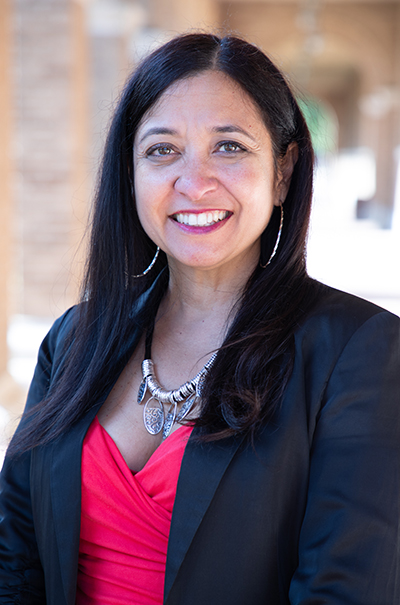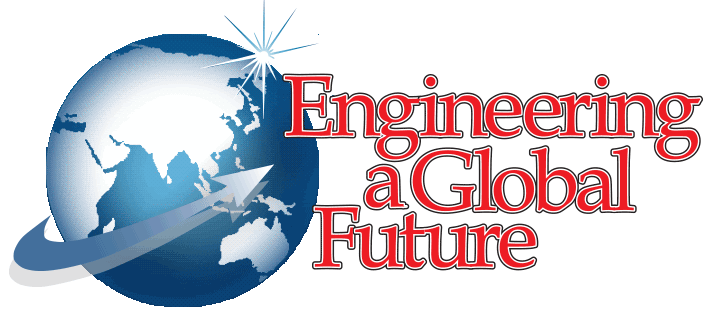Fall 2021 Newsletter
Faculty Research
This year, our faculty received more than $7.5 million dollars in awards. Their research crosses many disciplines, including:
- Bioengineering and nanomaterials
- Energy and sustainability
- Electrochemical engineering
- Soft matter and nanotechnology
- Computational modelling and data science
Awards
Dr. Sheima Khatib
Selected for funding from the US DOE to produce benzene from flared natural gas instead
of petroleum
$2.6 million, 3-year award
Dr. Mahdi Malmali
Selected for funding from the US DOE EERE for grid decarbonization using solar technologies.
$2.05 million award
 Dr. Gerri Botte
Dr. Gerri Botte
Selected for funding $750,000 award in two years from the US DOE Basic Science under
the polymer upcycling program, for the project “Understanding and Controlling Electrochemical
Routes for Upcycling of Polyolefins” in collaboration with Pacific Northwest National
Laboratory and Dow Chemical.
She also received $999,000 award from DARPA to develop an ultra-fast COVID-19 air sensor, an NSF I-Corps grant for COVID-19 Saliva Sensor and spun-off a company, EviroTECH, for the commercialization of COVID-19 sensor securing $4 million in investment.
Dr. Siva Vanapalli
Selected once again for a NASA grant centered around another space-flight project
with worms
$2 million award (TTU lead with Baylor, Rutgers, and Ohio University partners)
Dr. Chau-Chyun Chen
Selected for DOE BETO proposal on “Physical property data and models for bio-separations”
together with AIChE RAPID, Argonne, Siemens, AspenTech, and Chemstations
$2.8 million total award with $750,000 for TTU
Publications
Faculty in Chemical Engineering among top 2% of global researchers
The department of Chemical Engineering was among 73 former and current Texas Tech
faculty identified in an Elsevier study of the most cited work. The study was based on a 2020 Stanford study of nearly 7
million working global scientists. The study identified the top 2% of global researchers
based on the frequency with which their published works were cited.
ChE faculty cited in the survey:
- Gerri G. Botte
- Chau-Chyun Chen
- Greg McKenna
- Sindee Simon
Other recent publications from our faculty include:
Dr. Chau-Chyun Chen
P. Vyawahare, et al., “From Langmuir Isotherm to Brunauer–Emmett–Teller Isotherm,”
accepted, AIChE Journal, 2021
Y. Lin, et al. “Association-based Activity Coefficient Model for Electrolyte Solutions,” AIChE Journal, 2021, e17422.
Y. Hao, C.-C. Chen, “Nonrandom Two-Liquid Activity Coefficient Model with Association Theory,” AIChE Journal, 2021, 67 (1), e17061
Dr. Joseph Gauthier
“Solar-driven Electrochemical Synthesis of Ammonia Using Nitrate With 11% Solar-to-Fuel
Efficiency at Ambient Conditions” paper published in Energy and Environmental Science
journal
Innovation and entrepreneurship
ChEck program helps keep students connected and safe
As part of our efforts to connect with students more effectively, we have implemented
the ChEck program powered by Podium. This text-based communication tool uses a QR code that
enables students to scan the code right from their phones to connect with our ChEck admin team. In the evaluation phase, 45 students have used the program to ask questions
about admissions, transfer credits, graduate degree requirements, and departmental
events. The university is currently evaluating the program for deployment across te
entire university.
Entrepreneurship course teaches students how to commercialize their ideas
Priya Gill is an assistant professor of practice and has served as faculty ambassador at the Innovation Hub at Research Park. She teaches entrepreneurship to our chemical engineering students to help them commercialize their ideas. The annual course includes learning basic business concepts, which the students then use in creating and presenting business and execution plans. Professor Gill's course furthers the department's mission that our work benefit society.
The Hub makes the commercialization process smoother with its three-stage “Ideation, Commercialization, and Acceleration” roadmap. Professors Botte and Vanapalli have both commercialized their research through the Hub program. EviroTECH offers an electrochemistry-based saliva test that makes COVID-19 testing quick and painless. NemaLife offers efficient C. elegans screening systems for research laboratories with patented microfluidic technology. The systems automate manual steps, enabling researchers to “forget the worm pick and focus only on science!”
Thank you
This newsletter is made possible through the generous support of the TTU Department
of Chemical Engineering's External Advisory Board.

P.O. Box 43121, Lubbock, TX 79409−3121 | 806.742.3553
webmaster.coe@ttu.edu | ![]() Facebook: |
Facebook: | ![]() Instagram: |
Instagram: | ![]() LinkedIn alumni group:
LinkedIn alumni group:
Edward E. Whitacre Jr. College of Engineering
-
Address
100 Engineering Center Box 43103 Lubbock, Texas 79409-3103 -
Phone
806.742.3451 -
Email
webmaster.coe@ttu.edu



